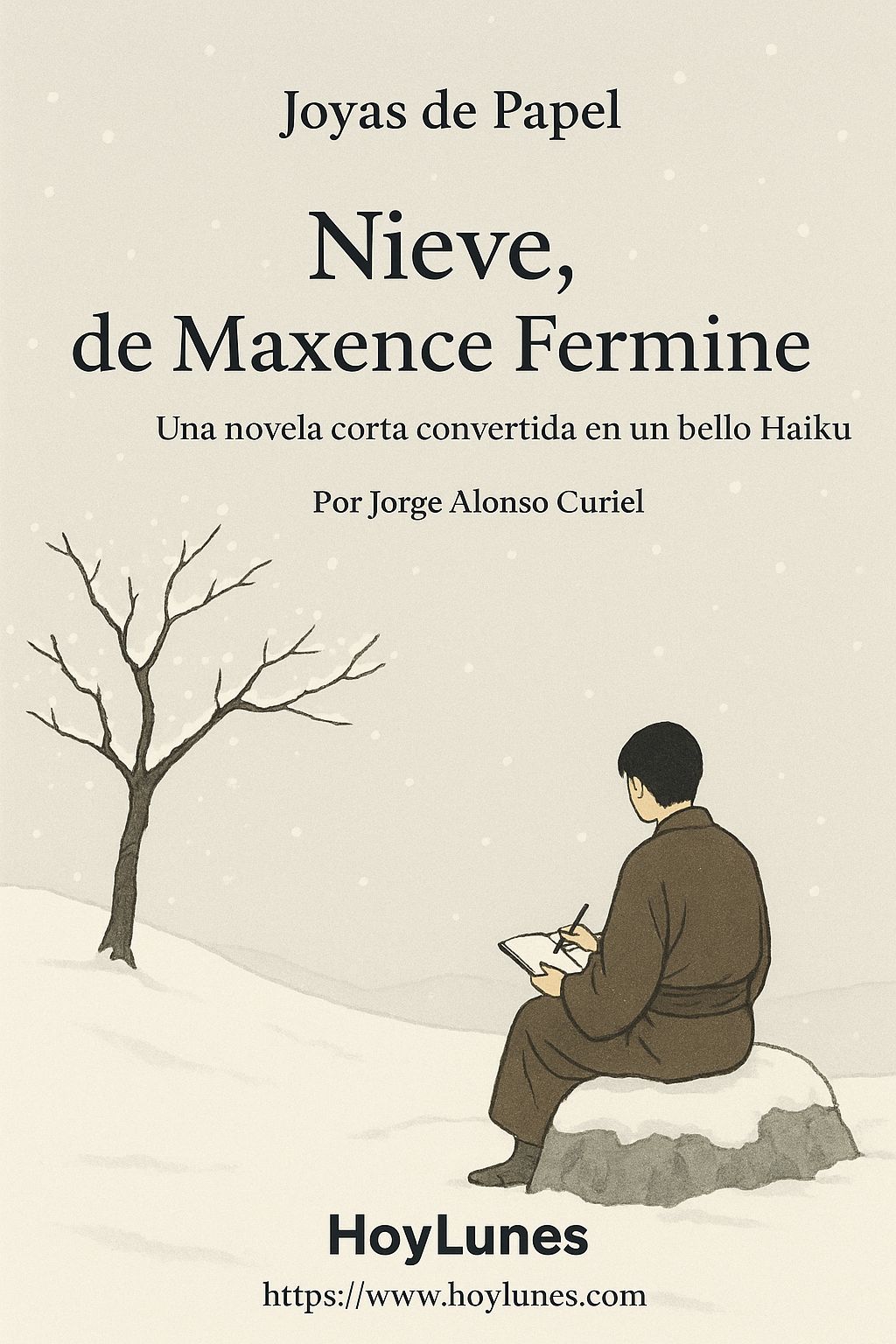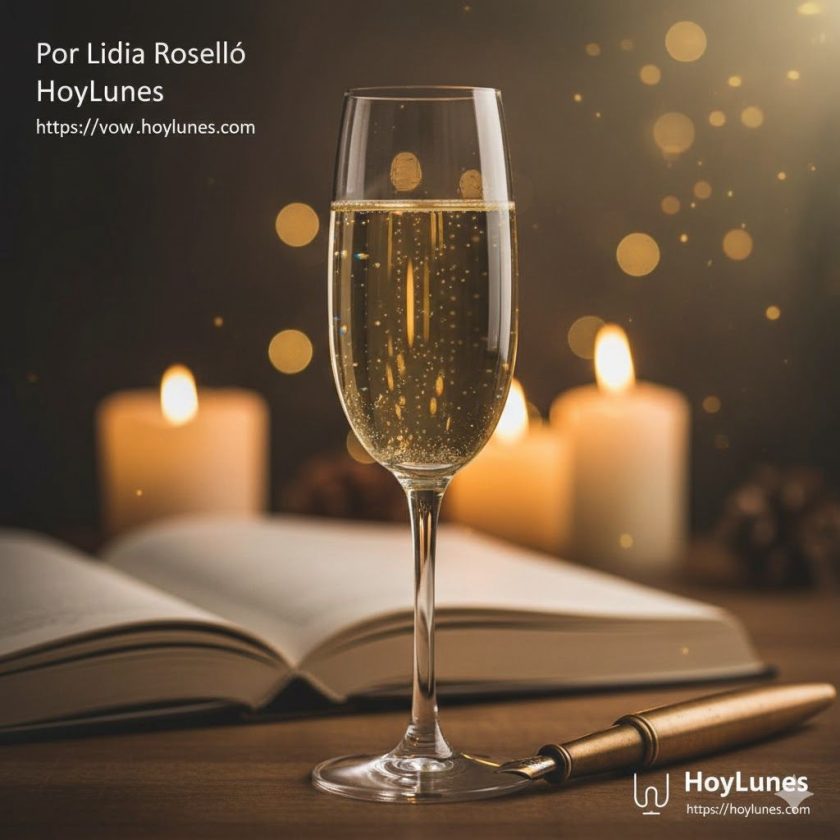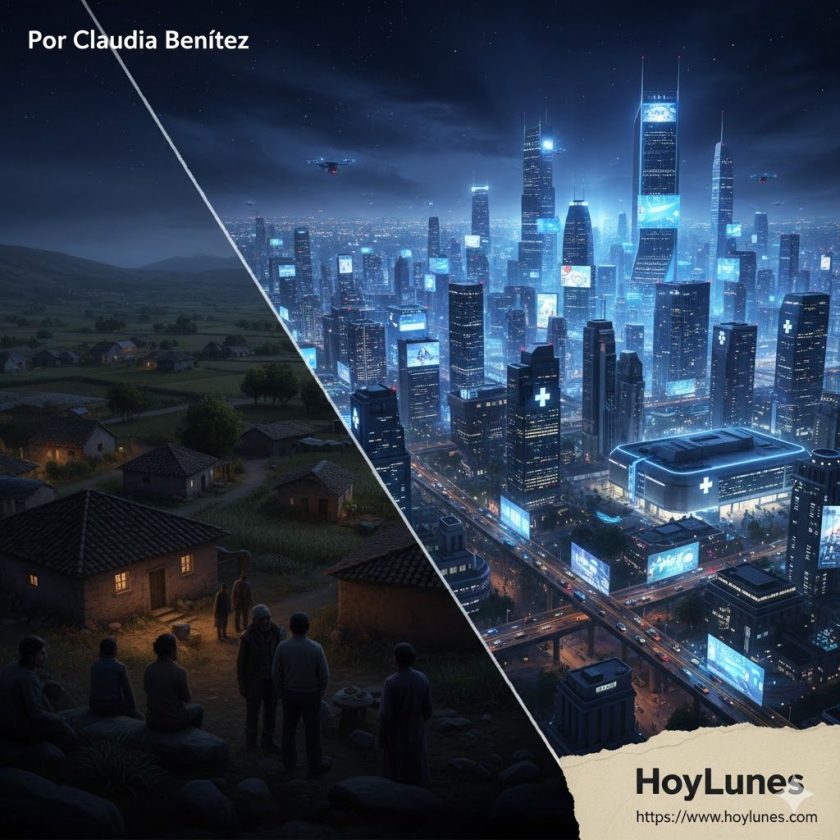A poetic journey between snow and silence: Maxence Fermine’s debut novel as an unforgettable haiku.
By Jorge Alonso Curiel
HoyLunes – “The true poet possesses the art of tightrope walking. Writing means advancing word by word along a thread of beauty, along the thread of a poem, of a work, of a story stamped on silk paper.” These words, spoken at one point in this novel by the Zen master Soseki to his disciple, the young poet Yuko, who seeks to attain mastery as a haiku poet, or *haiyin*, serve to describe what *Snow* is: the debut novel of French writer Maxence Fermine (Albertville, 1968), first published in France in 1999 and released in Spain two years later, brilliantly translated by Javier Albiñana Serraín.
Words that perfectly synthesize and summarize what Fermine dazzlingly achieves with this story brimming with sensitivity and subtlety, sobriety and simplicity, where dream and reality blend to offer readers a short novel, a prose poem of less than 110 pages, written in a state of grace, where the purest beauty shines forth.

It is surprising that such a rounded work was written by a young man of only 30 years, and that it was, moreover, his first novel. It may also be surprising that it was written by a self-taught youth, who abandoned his literature studies in Paris midway through to travel the world and spend time in Africa, in Tunisia, before returning to France to settle in Haute-Savoie, where he still resides with his family. But it is well known—and there are many examples—that one need not pass through classrooms to become a great writer or a splendid artist.
Snow tells a story set in Japan at the end of the 19th century. Yuko, a sensitive young man with artistic inclinations, chooses the path of poetry and aspires to become a great haiku maker, the Japanese poetic form that captures, in three contemplative verses, the beauty of nature through its seasons—though he chooses to write only about snow, about the purity of snow in winter. At one point, to perfect his art and become a master, he travels south to meet Soseki, an elderly blind painter, who becomes his teacher. This journey of initiation and discovery makes him grow as a person and as a poet.
Shortly after its publication in France by a small press—having been rejected by major publishers as “not commercial”—it was acclaimed by critics and quickly became a bestseller. “A beautiful story, wonderfully brief and highly effective,” “A fable light and ethereal as a haiku,” “In this blend of dreamlike and real one perceives the undeniable influence of Baricco’s *Silk*,” critics wrote. Very soon it was published in other countries, translated into 15 languages—including Japanese—with excellent reception. This success established Maxence Fermine immediately, and from there he began a literary career in which he has already published 19 works in France, marked by a distinct and recognizable stylization, a fine refinement, overflowing with purity, clarity, depth, simplicity, and sensoriality, in which a silence brimming with beauty is a fundamental part of his pages. Of these 19 works, only four have been published in Spain: “Opium” (2003), “Snow“, “The Beekeeper” (2001), and “The Black Violin” (2002). The latter three form the so-called “Trilogy of Colors“.
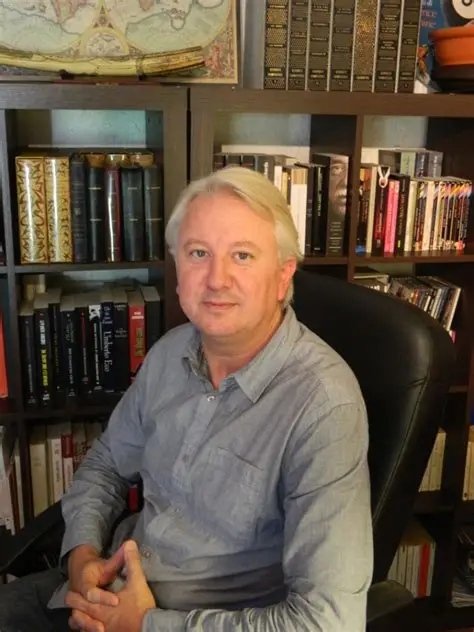
Maxence Fermine: Every word Yuko writes is a snowflake falling, light and silent, upon the infinite canvas of life.
But in my opinion, these other three—translated into Spanish and which I have been able to read, and though estimable novels—do not reach the heights of this author’s debut, which with “Snow” achieves an unforgettable poetic experience, an unsurpassable metaphor that becomes a true caress of warm breeze, a gentle rain of cherry blossom petals on a dreamed-of spring afternoon, written after approaching the universe of the haiku.
For this book is overwhelmingly beautiful and fragile—elegantly fragile. A commitment to noble sentiments and to sensoriality, including the visual, that manages to captivate readers and make them better human beings, with this hymn of love and respect for art, nature, and Japanese culture. Moreover, it is a refined haiku of fewer than 110 pages about the search for creative inspiration and the obsession with achieving perfection, as well as about the ephemeral nature of life and of all that surrounds us.
Great novels, great books, withstand the passage of time and repeated readings. They do not seem to age, and they speak to us from the territory of eternity, offering readers enjoyment without ever causing the slightest irritation—the worst defect a story can have, as Norman Mailer once said. Twenty-six years after its appearance, “Snow” remains a marvelous masterpiece of concision, poetry, and humanism, a fragment of paradise that dazzled the publishing market and deserves to be rediscovered by readers everywhere.
“You will not be a complete poet until you integrate into your writing the notions of painting, calligraphy, music, and dance,” Master Soseki later tells young Yuko. A truly pertinent lesson found in this book that creates lifelong readers and extols the power of literature and art as teachers of life and as perfect refuges.
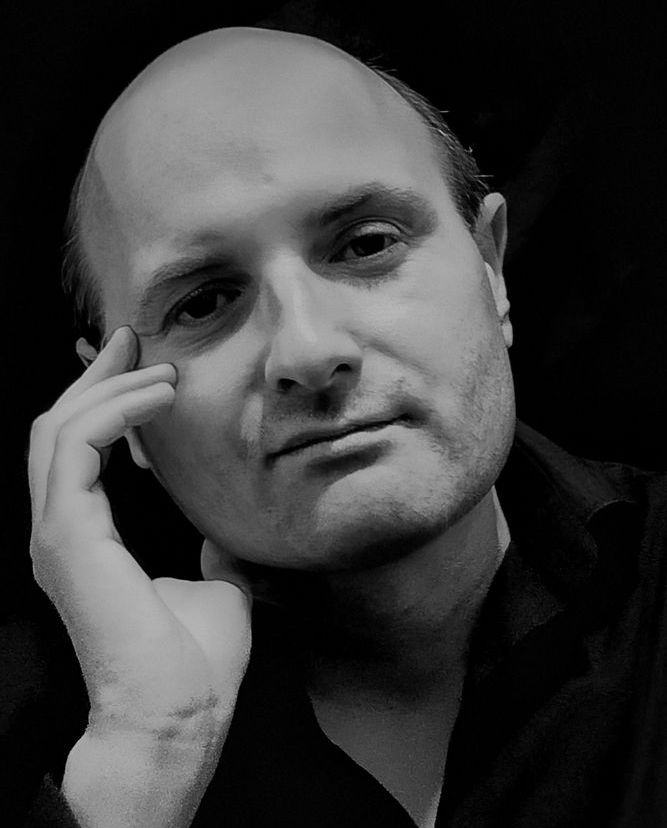
#hoylunes, #jorge_alonso_curiel, #joyas_de_papel, #nieve, #maxence_fermine,
